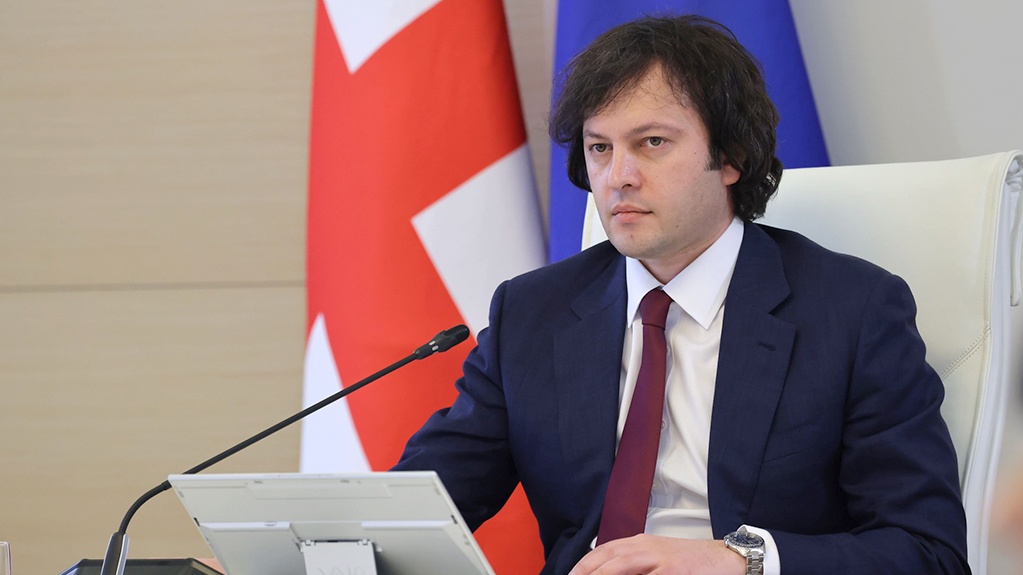Speaking about the implementation of the vetting system in the judicial system, Prime Minister of Georgia Irakli Kobakhidze said that a similar measure was implemented in Georgia in 2004, resulting in the full obedience of the court by the executive authorities.
News
"As a lawyer, I can confirm that vetting not only formally contradicts the country's constitution but also contradicts, first and foremost, general public constitutional legal principles.
Personally, as a lawyer, I find vetting categorically unacceptable. Something similar to vetting was carried out in Georgia in 2004, and the results are clear to the public: it led to the complete subjugation of the court by the executive power, by the Saakashvili-Adeishvili regime. Therefore, vetting is not only unacceptable based on formal and legal considerations but also, first and foremost, based on practical considerations," said the Prime Minister.
Irakli Kobakhidze says that Nona Tsotsoria, who was the deputy of the Prosecutor General of Georgia, Zurab Adeishvili, is conducting vetting in Moldova. "You can all guess how this vetting will end. Such processes are unacceptable for us," Kobakhidze said.
The Supreme Court of Georgia is also against the introduction of so-called vetting. In its statement, it is stated that "the so-called vetting unequivocally, essentially, and fundamentally undermines the independence of a court or an individual judge, undermines public confidence in the justice system, and aims to consolidate negative public opinion about the need for 'integrity' checks to facilitate the exercise of political control over the judiciary."
"It is evident that the so-called vetting process does not adhere to international standards. It blatantly violates the state's sovereignty by involving the transfer of one branch of the state government - the mechanisms of court recruitment - into the hands of external actors.
Based on all that has been mentioned, the Supreme Court of Georgia categorically opposes any procedure that may harm the dignity, independence, and institutional reputation of the general court system of Georgia, whether directed at individual judges or specific groups of judges. It is hoped that the public will correctly perceive this stance, " the Supreme Court of Georgia states.
Vetting refers to the process of checking a candidate's suitability, including their integrity, before they assume a responsible position in the public sector. For instance, Ukraine implemented this mechanism in the selection process for judges of the Constitutional Court. Oleksandr Novikov, the head of the National Agency for Prevention of Corruption, explained that the vetting process serves as a necessary filter to prevent dishonest judges from entering the judicial system.
The implementation and completion of judicial reform, including the comprehensive reform of the Supreme Council of Justice and the Prosecutor's Office, is among the nine recommendations defined by the European Union for Georgia. The need to introduce an integrity check system in the court reform process is also emphasized in the EU enlargement report: "Georgia should undertake a broader reform of the judicial system, particularly the reform of the Supreme Council of Justice in line with the recommendations of the Venice Commission. It should establish an exceptional system of integrity checks, involving international experts with a crucial role in the process, for candidates and current appointees to all key positions in the judiciary, including the High Council of Justice, the Supreme Court, and the positions of court presidents."
On February 24, the Ambassador of the European Union in Georgia, Pawel Herczynski, stated that the government is discussing the true meaning of vetting.















